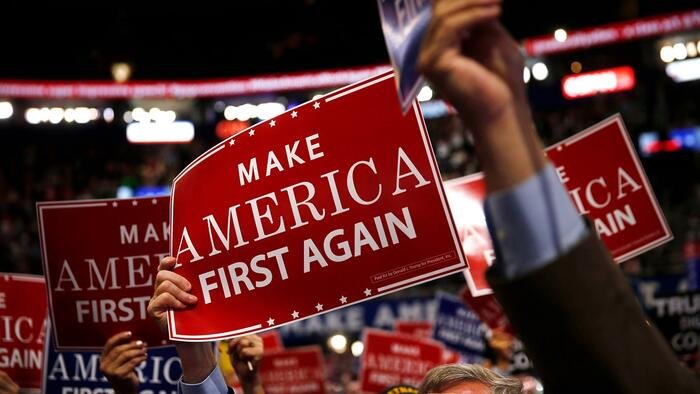Authored by Brandon Smith via Alt-Market.us
With the demise of the woke movement and mainstream conversations shifting towards DEI, it is important to remember the origins of Cultural Marxism. The launch of ESG programs under the UN and various NGOs played a significant role in infiltrating our social institutions.
ESG programs were primarily funded by western governments using taxpayer money to fuel a leftist revolution. As mentioned in my article ‘Rothschild Admits ESG Failure As Globalists Shift To “Inclusive Capitalism” Agenda‘, ESG was meant to push companies towards stakeholder capitalism by inundating the public with woke messaging.
A few years back, I argued that ESG was on the decline as the Federal Reserve raised interest rates, resulting in reduced financing for woke programs. This exposed the agenda, leading to a shift away from it. Even Lynn de Rothschild, a key figure in ESG, acknowledged the need for a change.
The recent exposure of USAID by Elon Musk highlighted the extent of ESG influence, with taxpayer dollars funding liberal propaganda. The agenda aimed to alter western culture and conceal systemic weaknesses within the economy.
As the truth about the economy surfaces, Trump faces challenges left behind by the Biden Administration. Addressing these issues is crucial to prevent a financial disaster. ESG projects, once used for nefarious purposes, could now offer solutions to revive domestic production and promote a cultural renaissance.
Trump’s tariff measures and a focus on America-based production could counter the damaging effects of past trade agreements like NAFTA, which prioritized globalization over domestic interests.
President Bill Clinton embraced NAFTA when it went into effect in 1994, but within six years, US manufacturing jobs and industries suffered a significant collapse. The imposition of tariffs has often been criticized as a potential cause of financial disaster, drawing comparisons to past events like Herbert Hoover and the Smoot-Hawley tariffs. Despite the current stagflation crisis emerging during Joe Biden’s presidency, attempts have been made to blame Trump and conservatives for the situation.
Trump’s use of tariffs as a strategic tool to address geopolitical issues like illegal immigration has shown some success, with countries like Mexico and Canada quickly complying. However, addressing long-term trade imbalances will require a revitalization of the US industrial base, which has significantly declined over the years. To combat high inflation, the president may need to implement a well-established tariff system and revive domestic manufacturing.
One proposed solution is the implementation of an ESG-like program to incentivize businesses to establish manufacturing operations in the US. This program could also support cultural projects with a pro-western stance, funded through revenues generated from Trump’s tariffs rather than income taxes. By holding corporations and importers accountable for rebuilding the economy and supporting American culture, the government can stimulate growth in sectors that align with consumer preferences.
While some may view this approach as government intervention in the free market, it can be seen as aligning with consumer demand and countering the influence of the woke movement. By leveraging a strategy similar to ESG for positive outcomes, the US can foster a manufacturing and cultural renaissance while avoiding a potential stagflation crisis.
In essence, to counter the negative effects of initiatives like ESG and corrupt institutions, the US must implement proactive measures that generate positive outcomes. By utilizing innovative strategies and aligning with consumer preferences, the country can navigate challenging economic circumstances and promote growth and prosperity.

